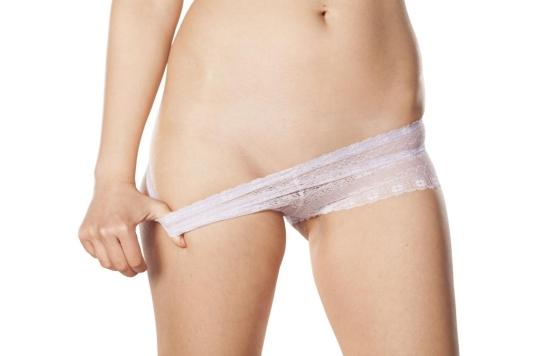Pubic hair is essential for the vaginal flora and the woman’s sex. Waxing them is therefore not necessarily a good idea. Explanations.

- In 2021, 81% of women would have waxed their armpits in the last three months, 10 points less than in 2013.
- This percentage was 45% for weekly underarm hair removal, 8 points less than in 2013.
According to one survey carried out in 2017 by the IFOP, 22% of French women, including 45% of those under 25, practice full hair removal in the summer. This involves removing all the hair present on the genitals, including the lips… A choice generally made for aesthetic reasons, but which can have consequences for women’s health.
Chlamydiosis, cystitis and mycoses
Indeed, we must not forget that nature rarely does things badly. If women have hair there, there is a reason: it protects the vaginal flora from urinary, vaginal and sexual infections.
Thus, those who depilate their entire jersey are more likely to be contaminated by a sexually transmitted infection (STI) such as chlamydiosis (STI which is transmitted by a bacterium called Chlamydia) but also to have cystitis (an infection urine) or mycosis (an infection caused by fungi).
A protective layer
Another interest: pubic hair forms a protective layer between sex and clothing. Their presence avoids friction… Without them, and especially if the clothes are tight, women can therefore suffer from itching. In the most serious cases, these can even cause a bacterial infection – or even secondary infection.
Ingrown hairs
The last negative aspect of hair removal – and even more so when women use razors – is that when it regrows, ingrown hairs can appear, i.e. hairs that grow under the skin. . Besides being unsightly, they can also become infected and painful.
Thus, to limit the development of ingrown hairs, it is recommended to shave in the direction of the hair. And to use a clean razor that has not been used by another person. So, even exceptionally, if a friend forgets her razor on vacation, we don’t lend hers!
A declining trend
In recent years, the trend towards full hair removal seems to be decreasing in favor of so-called natural ones. Indeed, according to a survey carried out by Ifop for the sexual health platform Charles.cobetween 2013 and 2021, the number of women who epilate decreased by 13 points: 85% in October 2013, compared to 72% in January 2021.
And it is even more convincing with the propensity of women who do not wax their pubis at all. Over the same period, their number doubled: 15% in October 2013, compared to 28% in January 2021.

















